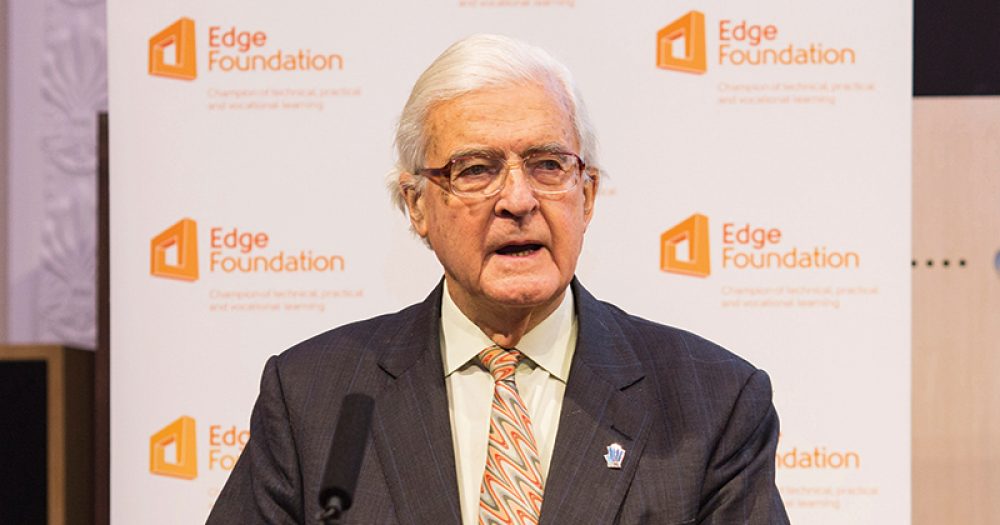Two-thirds of secondary schools are still flouting the controversial Baker clause a year after it was introduced – leading calls for Ofsted to police whether schools are compliant.
A report published today by the Institute for Public Policy Research (IPPR) has warned the Baker clause has “failed to achieve its aims”.
The think tank found two thirds of 101 secondaries approached as part of its study did not have a policy statement, as required by the Baker clause since January last year, to show how they ensure education and training providers can access pupils to talk about technical education and apprenticeships.
Since September 1, schools have also had to publish details about the careers programme they offer, contact details for their careers leader, how the success of careers programmes is measured and when the published information will be reviewed. However, a Schools Week investigation later that month revealed that none of the 10 biggest multi-academy trusts in England had fully complied with the requirement.
Lord Baker has now accused schools of “deliberately flouting and flagrantly disregarding the law of the land”, but the Association of School and College Leaders has warned schools are juggling a “large number of requirements”.
IPPR randomly selected 10 schools within each region of England for its study. The other schools were from the constituencies of education secretary Damian Hinds and skills minister Anne Milton – where just three of 11 were found to be compliant.
The IPPR report said that as schools are largely funded on a per-pupil basis, there is “a focus on pupil retention, rather than supporting students and their families to understand the options available”.
Skills minister Anne Milton warned in August the government would directly intervene if schools were flouting rules, but the IPPR said no intervention has taken place and providers are concerned about the “lack of any real consequences from failure to comply”.
The report recommends Ofsted assesses compliance with the Baker clause as part of a wider judgement on a school’s careers guidance, including speaking to local providers to understand how effectively the school works with them.
Careers guidance would be ranked between ‘inadequate’ and ‘outstanding’, and any school which receives ‘inadequate’ or does not comply with the Baker clause should be prevented from receiving an ‘outstanding’ grade in the ‘personal development, behaviour and welfare’ section of the Ofsted report.
But Geoff Barton, general secretary of ASCL, said another measure for Ofsted inspections is “the last thing that schools need”.
“We have to get out of the mindset that everything can be achieved by telling schools what to do. What they need is sufficient funding,” he said.
“We need to work together across the sector and with government over this issue, rather than attempting to produce results by coercion.”
A spokesperson for Ofsted also said it already assessed careers guidance and the effectiveness of 16-to-19 study programmes.
But Lord Baker backed IPPR’s calls, adding: “The Baker clause was a major step to improve career guidance and by ignoring it schools are denying the right of their students to know more about technical education. This is totally unacceptable.”
Robert Halfon, former skills minister and chair of the education select committee, accused schools of “flouting their obligations to the next generations of workers” and called for the government and Ofsted to “get tough and penalise schools which evade their duties”.
A spokesperson for the Department for Education said schools who are not supplying pupils with the necessary information will be asked for evidence of compliance with the Baker clause.
He added the DfE will “take appropriate action” against schools who do not supply this evidence.
The report also recommends the creation of a single online UCAS-inspired resource for more information on local FE pathways, as well as more responsibility on local authorities to engage parents with careers advice, help Ofsted tackle non-compliance and support partnership working across schools and education providers.







Your thoughts